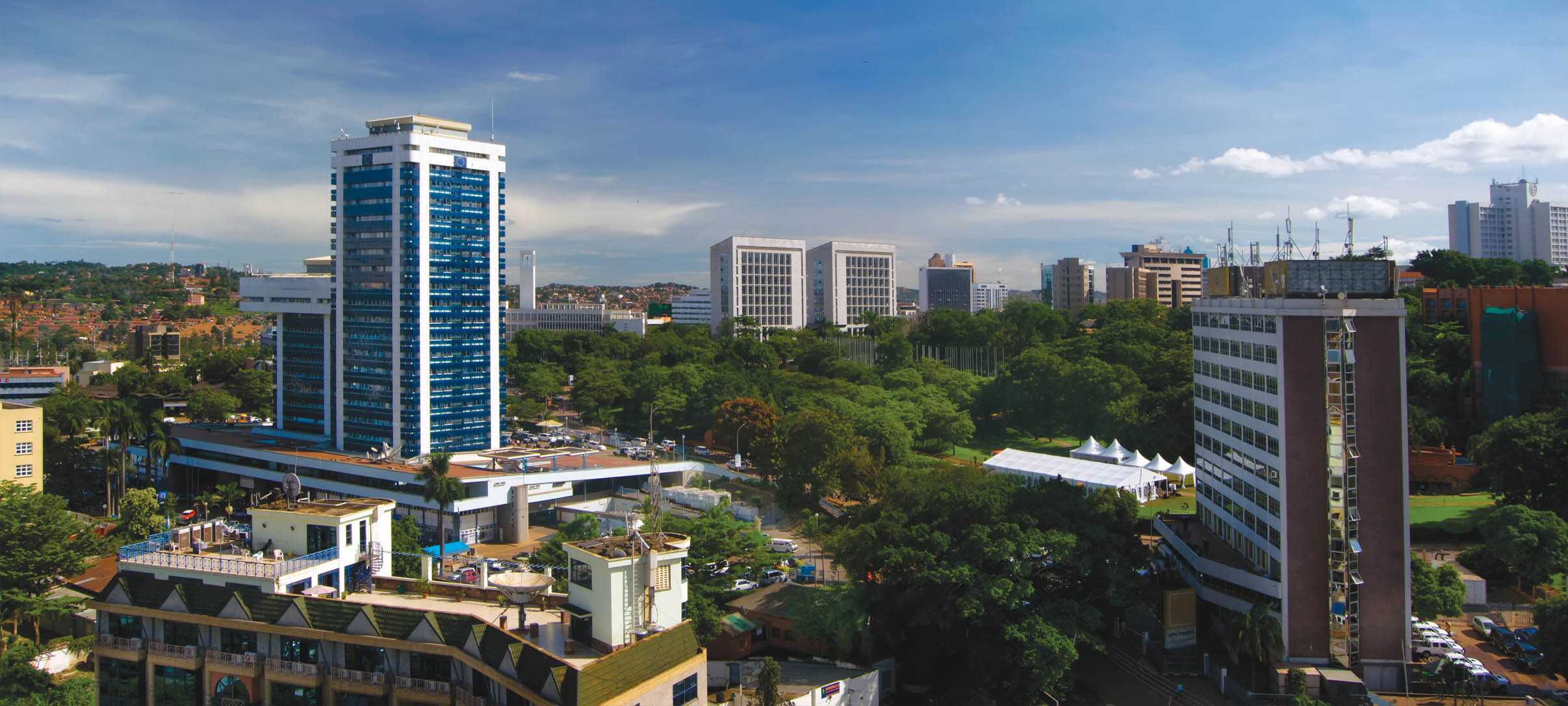“This resilience of our economy is by no means accidental. It has been a deliberate focused effort by the NRM Government to build an independent, integrated and self-sustaining national economy, that is able to feed its people, generate the resources it needs, both human and financial, provide security to its people and their property and develop a prosperous nation.”

Following his visit to Uganda, Winston Churchill famously stated, “For magnificence, for variety of form and colour, for profusion of brilliant life – bird, insect, reptile, beast – for vast scale – Uganda is truly ‘the Pearl of Africa.’ Today, its unique land linked location at the heart of sub-Saharan Africa and its steady economic growth has further added to its shining potential. According to the UNCTAD’s 2020 World Investment Report, Uganda also happens to be one of the countries in East Africa to have attracted the most Foreign Direct Investment (FDI), reaching an unprecedented record of US$1.3 billion in 2019 (a stunning 20% increase from 2018), the result of developing construction, manufacturing and agriculture projects.
Energy
Crucial to engaging FDI in Uganda is its focus in expanding major oil fields and in September 2020, a host government agreement was signed with Total for the lucrative East African Crude Oil Pipeline (EACOP) project. The US$3.5 billion 1,445 kilometre long pipeline will be the longest electrically heated oil export pipeline in the world and the FID is due to be signed during the first quarter of 2021. “The crude oil pipeline will cross 90 kilometres of Ugandan land and more than 100,000 kilometres of Tanzania land to reach the Tanzanian coast,” explains Pierre Jessua, Managing Director of Total CP Uganda. “It is a big landmark and it is the longest pipeline in the world and a big investment for both Tanzania and Uganda and also for the international oil companies who are going to be the shareholders. So, this project, along with the Tilenga and Kingfisher ones are going to develop the economy of both countries and produce indirect effects and jobs through the contractors and subcontractors.” The Minister of Energy and Mineral Development, Hon. Mary Goretti Kitutu, has disclosed that the project will create as many as 10,000 jobs and that proceeds will be invested back into the economy in order to promote and develop other key sectors such as infrastructure, education and health. “The FID related to the exploration of oil production is a big deal not only for Uganda but for the continent as well,” declares Mumba Kalifungwa, Managing Director of Absa. “A lot of work has gone into preparing the country to get to a certain point of production.” Proscovia Nabbanja, CEO of Uganda National Oil Company Ltd agrees, “The achievement of FID paves the way for a lot of things: number one, of course, is that it makes our crude hit the international market and gives visibility to our future refinery project.”
Vision 2040 and Industrialisation
Through the implementation of President Museveni’s Vision 2040 strategies and policies, Uganda transformational trajectory towards becoming a competitive upper middle income economy is on track. Ranked 10th best in the world in curbing the spread of COVID-19, H.E Museveni has buffered the blow by activating a focus on import-substitution in a bid to boost job creation, self-sufficiency and local skills. Indeed, in October 2020, President Museveni revealed that Uganda no longer needed to import buses into Uganda due to state enterprise, Kiira Motors Corporation’s (KMC), capacity to assemble and manufacture vehicles locally. “When we speak about securing the future we believe the strategy lies in industrialisation, mechanisation of agriculture to improve productivity and the automotive industry, as well as value addition such as agri-industrialisation,” states Paul Isaac Musasizi, CEO of KMC.
Loading...
ICT
ICT is Uganda’s fastest growing sector and contributes majorly to its GDP. Its Digital Uganda Vision promotes a unified programme for ICT development and provides an enabling environment for investment. In liberalising communication services and improving the legal and regulatory environment as well as rolling out high-standard ICT infrastructure, such as the national fibre optic network, the government has diligently worked towards expanding the nation’s digitalisation in a number of fields. “Uganda has updated the regulations on telco and fintech in 2019 and 2020, creating the framework and the foundation to attract new investments clarity, transparency and visibility,” states Wim Vanhelleputte, CEO of MTN Uganda. According to the Global National Cyber Security Index, Uganda was also ranked as the most secure cyberspace in Africa while the increased use of digital technologies, such as mobile money, during the COVID-19 lockdown displays how ICT is proving to be a key player in economic recovery and in boosting resilience.
Tourism
Home to 55% of the world’s gorilla population, 11% of its bird species and Africa’s largest lake, the chief reservoir of the Nile, Lake Victoria, Uganda is a high-value tourist destination. “The diversity of culture in Uganda is vast,” says Lilly Ajarova, CEO of the Uganda Tourism Board. “Uganda is still very pristine, a territory to discover and we have the best conservation laws in Africa, so although we are developing fast we are very cautious of the impact on the environment, 20% of tourism revenue is being provided to local communities.” Recently, the Uganda Airlines was also rehabilitated. With a fleet comprising of four Bombardier CRJ900 planes, Uganda Airlines has also recently acquired the Airbus A330-800 neo as part of its fleet for international long-haul flights. “It felt important to provide direct access and connectivity intra-Africa and with the rest of the world,” explains Cornwell Muleya, CEO of Uganda Airlines.
Opening up to the immense potential inherent within interregional trade as well as reining in its vast capacity to generate economic growth, Uganda has taken a grain of sand and produced a pearl that reflects hope, solidity, vast opportunity and a shiny bright future.
Loading...
